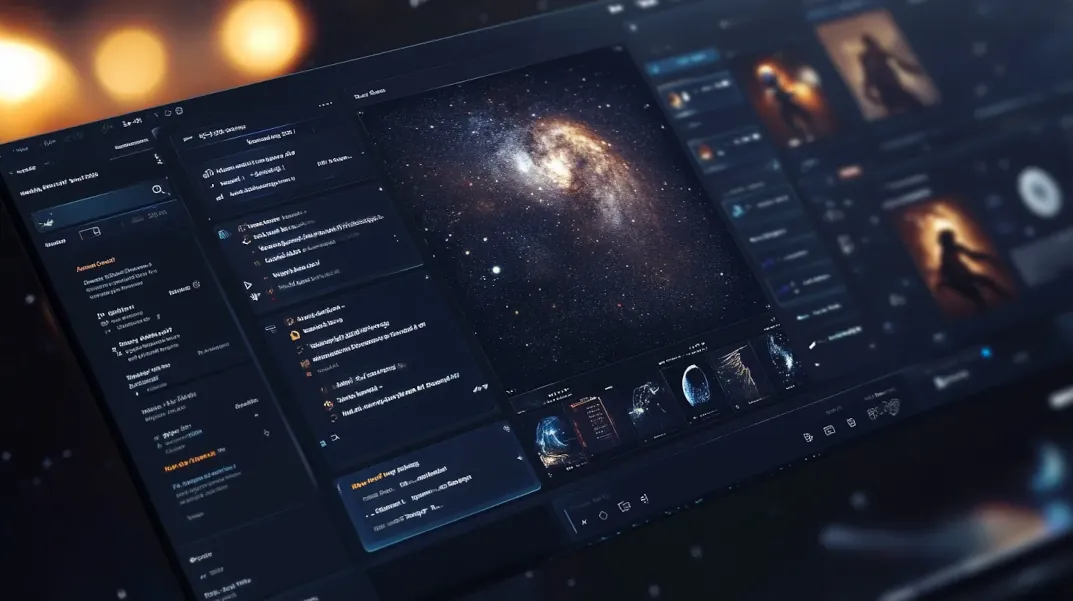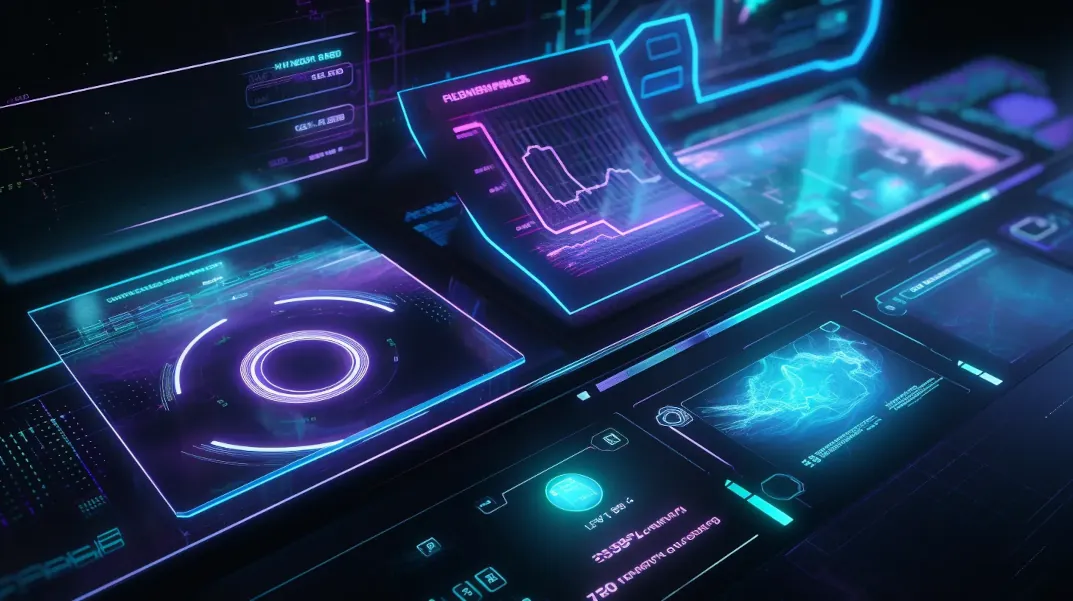Reinforcement learning (RL) enables agents to learn optimal actions through trial and error. This article explores advanced RL techniques—Deep Q-Learning and Policy Gradients—focusing on their implementation and applications in complex domains like games and robotics for expert practitioners.
Fundamentals of Reinforcement Learning
RL involves an agent interacting with an environment, receiving rewards, and optimizing a policy. Advanced methods like Deep Q-Learning and Policy Gradients leverage neural networks for high-dimensional state spaces.
Deep Q-Learning (DQN)
DQN approximates the Q-value function using a neural network, enabling learning in environments with large state spaces (e.g., Atari games).
import torch
import torch.nn as nn
import torch.optim as optim
class DQN(nn.Module):
def __init__(self, input_size, hidden_size, output_size):
super(DQN, self).__init__()
self.network = nn.Sequential(
nn.Linear(input_size, hidden_size),
nn.ReLU(),
nn.Linear(hidden_size, output_size)
)
def forward(self, x):
return self.network(x)
# Training loop
dqn = DQN(input_size=4, hidden_size=128, output_size=2)
optimizer = optim.Adam(dqn.parameters())
for episode in range(1000):
state = env.reset()
while True:
action = dqn(torch.FloatTensor(state)).argmax().item()
next_state, reward, done, _ = env.step(action)
# Update Q-values with Bellman equation
break
This simplified DQN trains on a 4D state space (e.g., CartPole), using the Bellman equation for updates.
Policy Gradients (PG)
PG directly optimizes the policy using gradient ascent on expected rewards, suitable for continuous action spaces (e.g., robotics).
import torch
import torch.nn as nn
import torch.optim as optim
class PolicyNetwork(nn.Module):
def __init__(self, input_size, hidden_size, output_size):
super(PolicyNetwork, self).__init__()
self.network = nn.Sequential(
nn.Linear(input_size, hidden_size),
nn.ReLU(),
nn.Linear(hidden_size, output_size),
nn.Softmax(dim=-1)
)
def forward(self, x):
return self.network(x)
# REINFORCE algorithm
policy = PolicyNetwork(input_size=4, hidden_size=128, output_size=2)
optimizer = optim.Adam(policy.parameters())
for episode in range(1000):
log_probs = []
rewards = []
state = env.reset()
while True:
action_probs = policy(torch.FloatTensor(state))
action = torch.multinomial(action_probs, 1).item()
log_prob = torch.log(action_probs[action])
next_state, reward, done, _ = env.step(action)
log_probs.append(log_prob)
rewards.append(reward)
if done: break
# Update policy with reward baseline
loss = -sum((r * lp for r, lp in zip(rewards, log_probs)))
optimizer.zero_grad()
loss.backward()
optimizer.step()
This REINFORCE implementation optimizes the policy using a reward baseline, handling discrete actions.
Applications
- Games: DQN powers agents in Atari games; PG excels in continuous control (e.g., OpenAI Gym).
- Robotics: PG drives robotic arm movements; DQN optimizes navigation.
Advanced Enhancements
- Double DQN: Reduces overestimation bias in Q-values.
action = dqn(torch.FloatTensor(state)).argmax() next_action = target_dqn(torch.FloatTensor(next_state)).argmax() - Proximal Policy Optimization (PPO): Stabilizes PG with clipped objectives.
Challenges for Experts
- Sample Efficiency: High sample requirements for convergence.
- Hyperparameter Tuning: Requires expertise to balance learning rates and exploration.
- Stability: Neural networks can lead to unstable training.
Conclusion
Mastering Deep Q-Learning and Policy Gradients equips experts to tackle complex RL problems in games and robotics. By leveraging these advanced techniques and their enhancements, you can build robust, high-performing AI agents.





